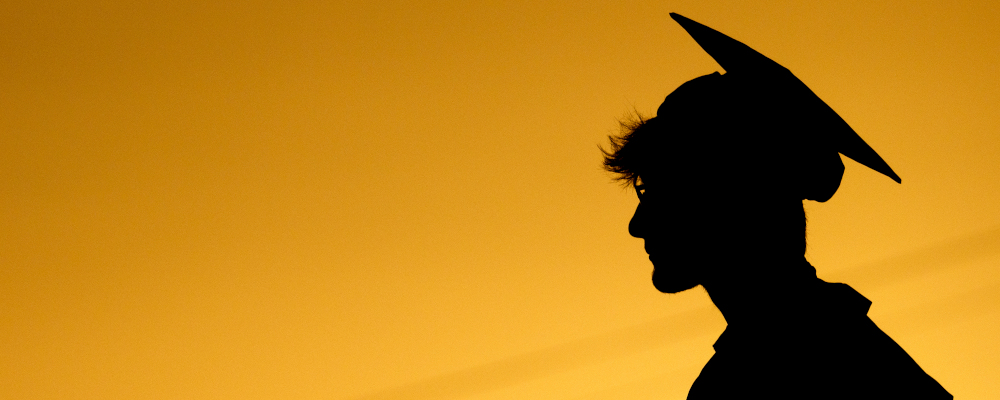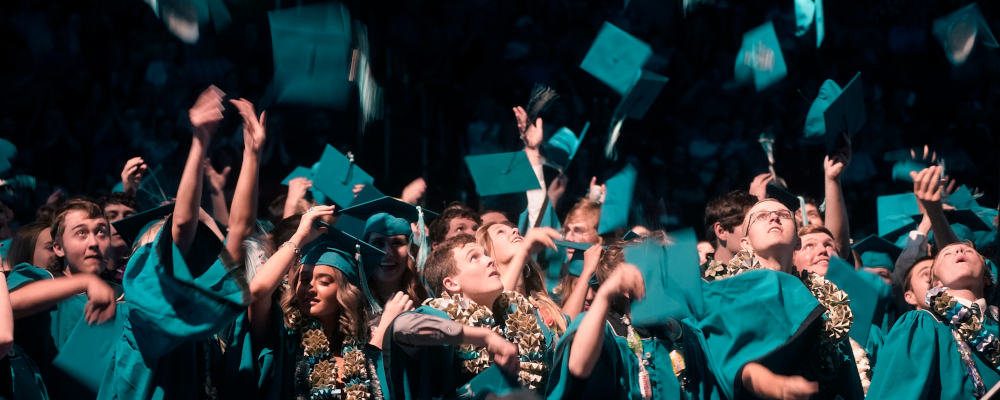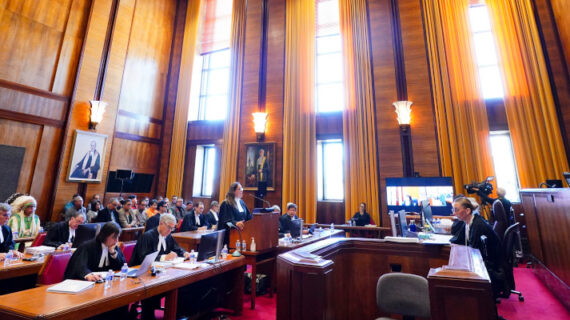High school graduation is now being reinvented to align better with runaway grade inflation and everyone-gets-a-pass education times. “No pass? No problem” read the headline in the Ottawa Citizen on proposed changes to the academic graduation tradition that went national this past week. Little wonder it immediately became the latest flashpoint in the ongoing debate over declining standards in Canada’s schools.
One Ontario public school district, Ottawa Carleton District School Board, is proposing to change graduation ceremonies into commencement exercises and striking out academic awards from its policy. The proposed changes, if accepted next month, will soon get recognized at a June “commencement” ceremony which would include students who have not passed or secured a graduate diploma.
The proposed shift replaces “graduation” with “commencement,” but the changes go far beyond a simple doctoring of the language. A graduation marks a stage in a student’s academic career recognizing the successful completion of a program, signified by the achievement of a diploma, and the conferring of a range of academic and non-academic student awards. Changing it to a “commencement” implies that it’s a community celebration, including everyone, which marks “the beginning of a journey” in education rather than a milestone.

The clock is ticking on the changes. Proposed amendments to OCDSB policy P.038.SCO, dating from May 1998, initiated by associate director Brett Reynolds and senior staff, were tabled for public feedback until March 29 and will be reviewed by a board committee on April 4. They will then be presented to the board of trustees on April 25 for final approval. That’s clearly not enough time to ensure proper public engagement and accountability, but par for the course at the local school board level.
The OCDSB claims that the intent of the change is to make the end-of-year ceremony more inclusive. “At commencement, students of all levels of achievement will be able to cross the stage with their peers,” reads the official statement that accompanied an invitation to members of the public to comment on the proposed change.
The OCDSB rationale downplays the salient difference: “For a variety of reasons, students may not have completed all the requirements for a move on from secondary school. With this change, these students will be able to join their peers and celebrate their achievements.” What students who have not passed the grade are celebrating is as clear as mud. It, in fact, implies that simply “showing up” is now worthy of praise.
They go on to add, “Commencement is equity-based and not marks-based,” and that “Students have diverse educational journeys, and all students’ diverse experiences should have the opportunity to be celebrated, including those who have historically faced challenges within the education system, both in the past and in the present.”
Students leaving secondary school after reaching 18 without meeting the marks will receive a Certificate of Accomplishment. It takes participation medals to a whole new level.
Graduation rates have skyrocketed as well as final averages over the past two decades or more. While Ontario high school graduation rates in 2004 sat at 68 percent, they now soar into the high 80s and low 90s. Being an Ontario Scholar used to mean securing a difficult 80 percent average. Today the vast majority of students exceed what was formally a benchmark of academic excellence.
The awarding of high marks is deeply entrenched. This, in many ways, has undermined the value of a high school diploma. In June 2022, for example, some 86.1 percent of Ottawa-Carleton DSB students graduated in four years (Grades 9 to 12) and 90.5 percent took five years. That’s a little above the provincial average, comparable to Toronto DSB (85.8 percent over five years) but lower than York Region DSB (94.2 percent over five years) and York Region Catholic DSB (97.3 percent over five years).

It’s still alarming to examine the impact of the proposed OCDSB changes on the current cohort of graduates. Students who work conscientiously to complete the high school program will have their achievement diminished further by the presence of a smaller group, roughly 14 percent, who get a free pass to participate in the final ceremony.
The OCDSB policy change did not come out of nowhere. It owes its origins to the OCDSB Strategic Plan for 2023-27 and its undergirding philosophy—a commitment to inclusion, equity, and accessibility for all students. While few quibble with embracing inclusive education, the devil is in the details and the extent to which it now overrides the core mission of schools: teaching and learning in the classroom.
Recognizing high student achievement is now being conflated with the traditional graduation ceremony and that is seen as antithetical to the overriding goal of celebrating all levels of achievement while serving those who have been “underserved” by the school system.
Most inspiring school reforms and policy changes seek to lift children up and instill what American education psychology professor Carol Dweck calls a “growth mindset.” For students, it amounts to a “commitment to thrive on challenge” where you don’t see failure as a way to describe yourself but as “a springboard for growth and developing your abilities.”
Degrading graduation is completely at odds with fostering a student growth ethic and a commitment to exceeding expectations. If the OCDSB policy changes go through and other boards follow suit, it may, in fact, breed complacency and give aid and comfort to what former U. S. President George W. Bush once called “the soft bigotry of low expectations.” It will have arrived when, in the not-too-distant future, everyone gets a high school participation certificate.




